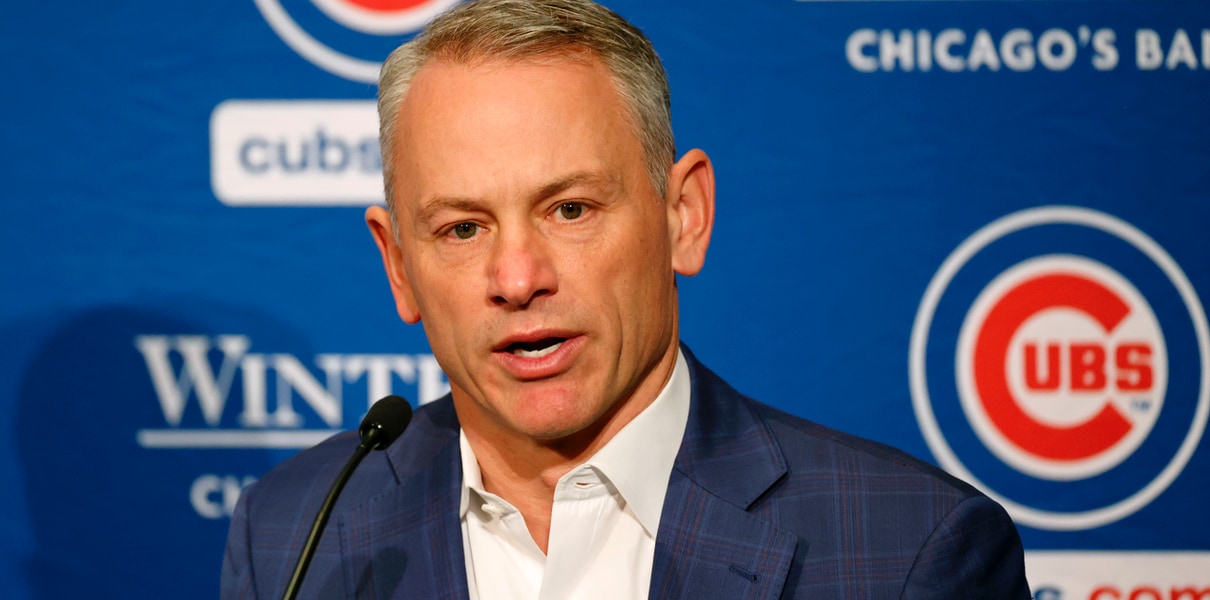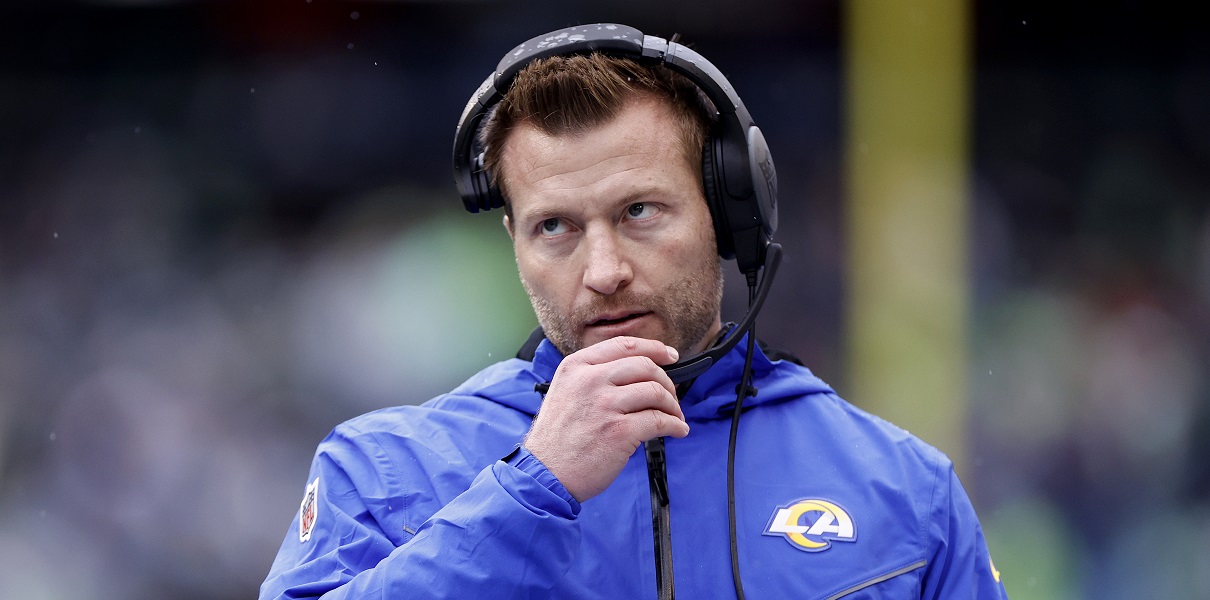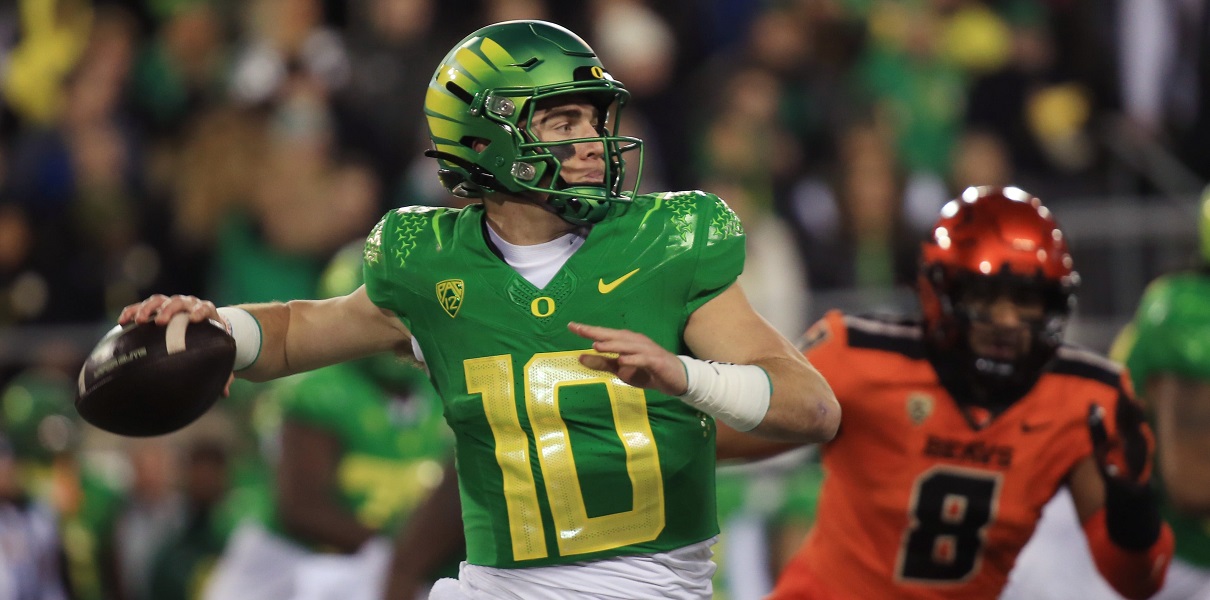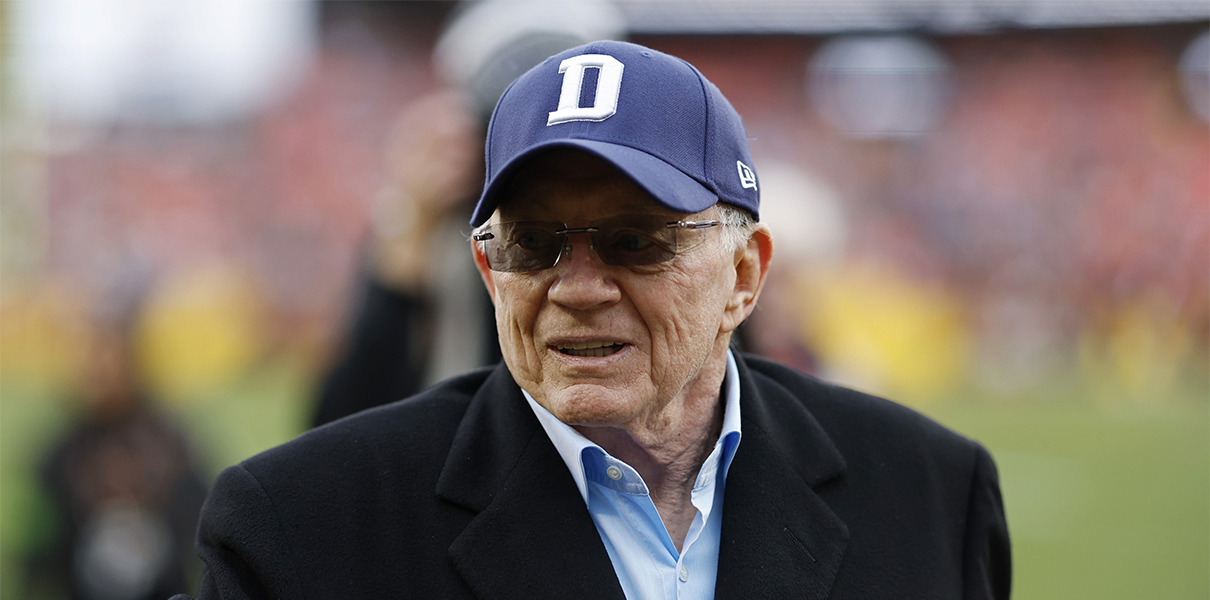There were a lot of reasons cited by the Chicago Cubs for signing Dansby Swanson to a seven-year, $177 million deal this offseason. His tremendous defense at shortstop, and the benefit of moving over Nico Hoerner to second base. Swanson’s home run power and offensive ceiling. His leadership in the clubhouse and exceptional makeup. His durability.
The one you keep hearing about most, though, is about how Swanson is so singularly focused on winning games that almost everything else pales in comparison. Everybody wants to win – it’s why they play – but the way executives, coaches, former teammates, and current teammates talk about Dansby Swanson and winning is not something I’ve seen before. I’m not saying that proves anything; just saying I’ve been doing this a long time, covering dozens and dozens of new arrivals on the Cubs, and this one stands out.
But the thing I think about often when I hear it … what does it actually MEAN for a player to be all about winning? To be a “winner,” as some kind of descriptor that goes beyond the mere happenstance of having been on a lot of winning teams? What does he DO in the “winning spirit” that actually manifests on the field or in the win-loss column? I can certainly think of things – offseason work, between-game preparation, in-game sacrifices, and so on and so forth. Pushing and helping his teammates? Is that what we’re talking about? Is Swanson just EXCEPTIONALLY good/dedicated at that stuff? Or is there something more?
The answer is probably something like “yeah, it’s mostly that stuff, and yeah, he’s just really good at it, but also there’s this extra indefinable thing.” Understandable, but I would like to define it!
I look forward to watching this season play out to see if I can discern a little more about what it means for a singular player to be “all about winning,” but I did appreciate an anecdote from Marquee about one specific thing Swanson does that does seem to track with this discussion. It comes from a section about, what else, Swanson being all about winning.
In short, Swanson is wearing the PitchCom communication device in his hat, just like the pitcher, and he will talk to the pitcher to make sure he understands the plan, the sequencing, and maybe give some input based on what he’s seeing. He’s kind of like a pitcher playing shortstop.
“I feel like as an infielder, I see certain things and I kinda call my own game in my head at shortstop and kinda pick their brains on why they do certain things and give my input on what I believe and what I think and things to watch out for,” Swanson said. “It’s really us just being able to help one another because at the end of the day, if there’s something that we can share to each other that’s gonna make us better, we need to obviously be able to communicate that.”
Swanson said he’s been “calling his own game” at shortstop for the past three years and credits former teammate Travis d’Arnaud and Braves catching coach Sal Fasano with helping teach him more about calling a game from a catcher’s perspective.
“I’m the believer of if it’s gonna help us win, I need to know about it and need to be able to help others with it too,” Swanson said. “Just feel like that’s part of my duty and I enjoy it.
“I wish I could pitch but my arm’s not good enough,” Swanson added, smiling.
So you’ve effectively got Swanson out there, in addition to being something of a captain of the infield by virtue of being the shortstop, also working with the pitcher and catcher on game-management and hitter match-ups. That goes way beyond merely being aware, as a defender, of what pitches are coming to what hitters. Swanson sees this process as helping ensure that he is at his best on defense at every given moment, but ALSO as an opportunity to help the pitcher and the catcher wherever he can.
There’s probably a line there, but I have a feeling Swanson already knows how to manage without crossing it.
So, there you go. That doesn’t alone encapsulate what it is to be a “winning” player beyond the things we could try to imagine on our own, but I would certainly say it was not something I had specifically thought of. Swanson as a kind of extension of the run-prevention infrastructure – part of those “soft factors” we always talk about with catchers. But coming from the shortstop. That’s fun to think about, and it’s probably a little bit of what goes into the unconscious evaluation when executives, coaches, former teammates, and current teammates talk about Swanson as being completely and wholly all about winning.






























